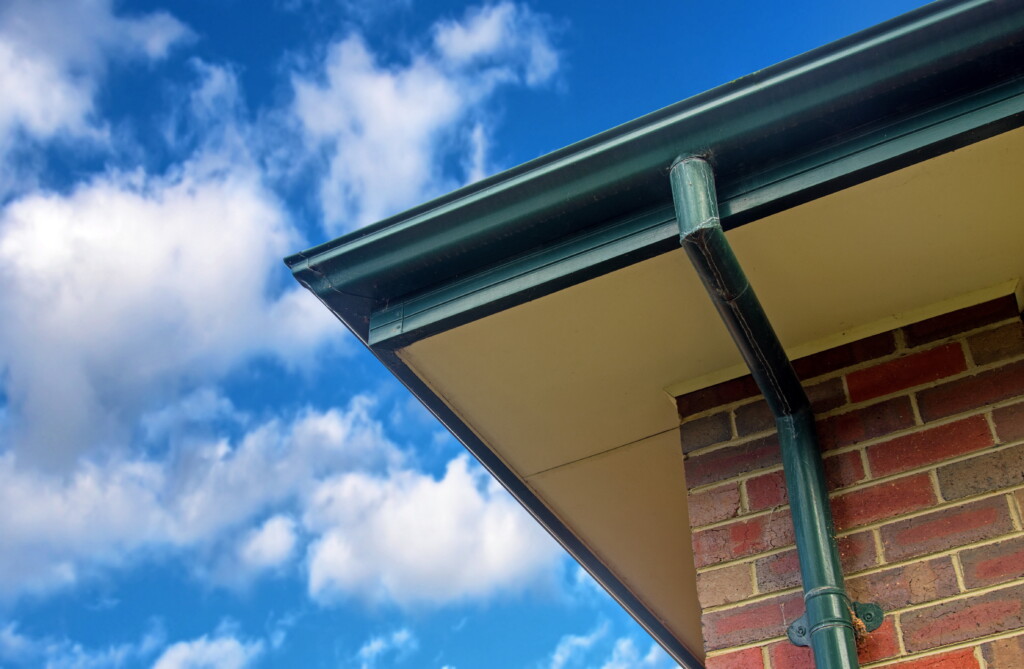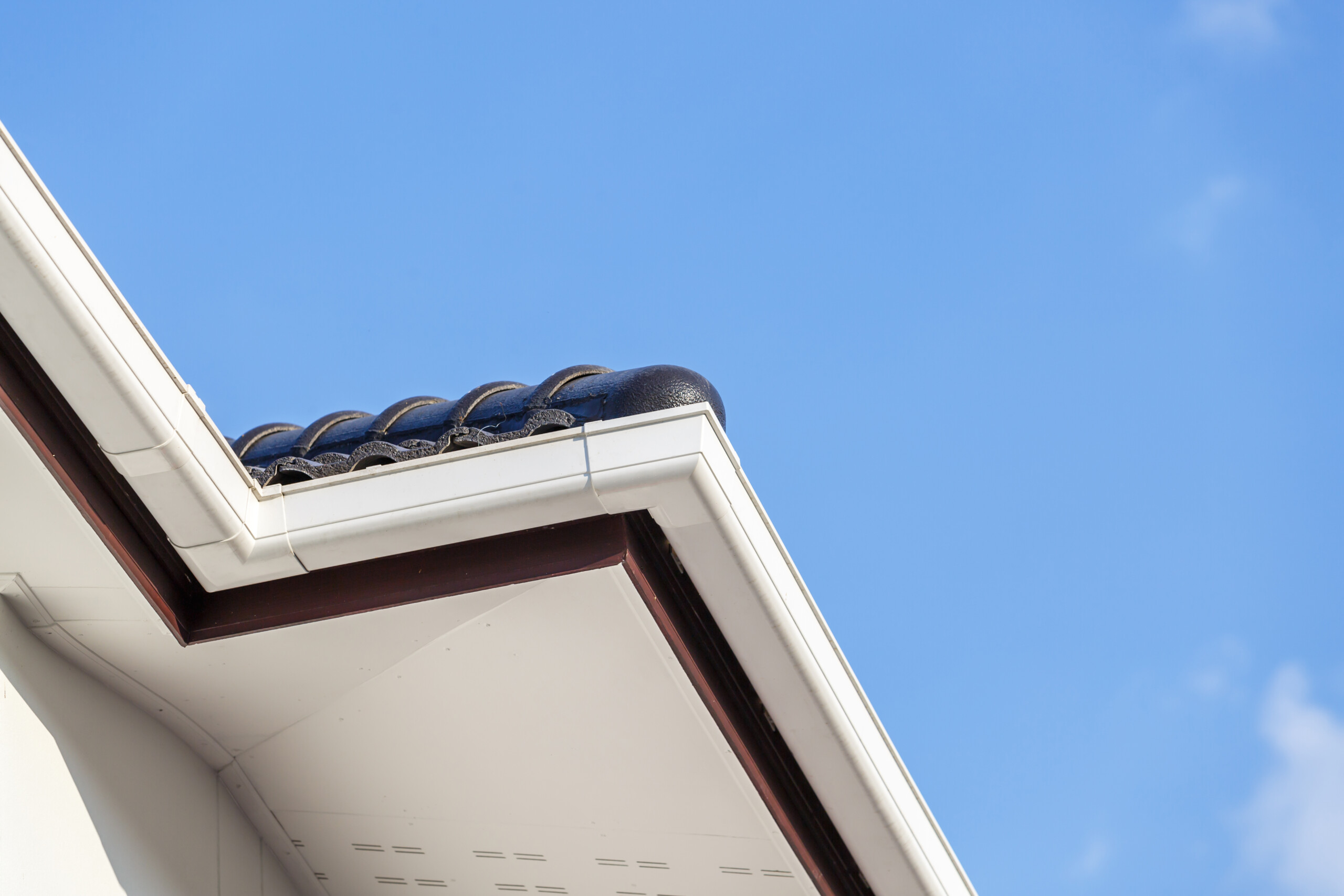Gutters are essential for protecting your home and preventing water damage. They funnel water away from the foundation of your house, preventing soil erosion and the potential destruction of your home’s structural integrity. Rain gutters also help prevent standing water in areas around the property which can lead to mosquito breeding and other health hazards. In addition, gutters filter out debris that might clog downspouts and cause flooding.
When it comes to choosing the right gutter system for your home, there are a few things you should consider. The size of the gutter needs to be appropriate for the amount of rain your area receives. Additionally, the material should be one that is strong enough to withstand heavy rainfall but light enough not to cause stress on your home’s structure.
A rain gutter system also need to be properly installed and maintained in order to function at their fullest potential. Regular cleaning is necessary to avoid the buildup of leaves, twigs, and other debris which can cause clogging or overflow. Additionally, check for loose pieces or worn parts that may need replacing over time.
How Gutters Work
Gutters are made up of a series of sections that are attached to the eaves of the house. As rain falls, it is collected in the gutter system and then funneled down through vertical sectionals called downspouts into an underground drainage system or storm sewers. This helps keep water from pooling up against the foundation of your home, helping prevent soil erosion and flooding.
 Are Gutters Necessary?
Are Gutters Necessary?
Yes, rain gutters are absolutely necessary for any home. They play a crucial role in managing the flow of rainwater, protecting your roof, walls, foundation, and landscape. Traditional gutters can protect your entire house from severe and costly damage. Without a proper gutter system, rainwater can cause considerable damage, including erosion around the house, basement flooding, and potential compromise to the structural integrity of the building. Gutters protect the home’s foundation, fascia boards, and direct water away from your home. It could also lead to mold and mildew growth due to unwanted moisture. Therefore, while gutters might seem like a small and insignificant part of a home’s construction, their role in protecting the house from water damage is critical.
So Do You Need Gutters Around Your Entire Home?
Whether or not you need gutters around your entire home is largely dependent on the design and location of your house. If your roof slopes in a way that rainwater naturally falls off to only one or two sides, then gutters in those areas might be sufficient. However, if your house is built on a hill or if water tends to accumulate around the whole perimeter of your home, installing a gutter system around the entire structure would be the best choice. Similarly, in regions that experience heavy rainfall, having gutters on all sides can help manage the volume of water more effectively and prevent it from damaging your property. Always consult with a professional to understand the specific needs of your home.
Clogged Gutters
Clogs are a common issue in gutters. Leaves, twigs, and other debris can accumulate in the gutters, obstructing the flow of water. This can cause the gutters to overflow during heavy rainfall, leading to water damage to your home’s exterior walls, foundation, and landscaping. Regular cleaning is essential to prevent clogs and ensure your gutter system works efficiently.
Types of Gutter Guards
There are several types of gutter guards available to help prevent clogs. These include:
- Micro mesh gutter guards: These are sheets of metal with tiny holes that block debris but allow water to pass through.
- Bottle brush guards: These have bristles that face upward, trapping debris while allowing water to flow away.
- Reverse curve guards: Designed so that water falls down into the gutter while debris falls to the ground.
- Foam guards: These fit directly into the gutter, blocking debris but allowing water to seep through.
Each type has its pros and cons, and the best one for your home will depend on factors like the amount of rain you receive and the type of debris common in your area.
When Should You Install Gutters?
The optimal time for installing gutters is usually during the construction of a house. However, if a house was built without gutters, they should be installed as soon as possible to prevent potential water damage. It’s also advisable to replace existing gutters if they are old or damaged and not performing properly. Ultimately, having a functioning gutter system is essential for protecting your home from water damage and should be given priority when necessary. In conclusion, gutters play an important role in preventing water damage to your home. They redirect rainwater away from the house’s foundation and walls, helping protect the structural integrity of the building.
Great Plains Exteriors: Kansas City’s Favorite Gutters and Siding Company
When it comes to superior gutter and siding services in Kansas City, there’s one name that stands out: Great Plains Exteriors. With our exceptional craftsmanship, wide range of products, and unbeatable customer service, we have established a stellar reputation. Whether it’s for residential or commercial buildings, our reliable solutions are designed to enhance the appearance and longevity of properties in Kansas City.

